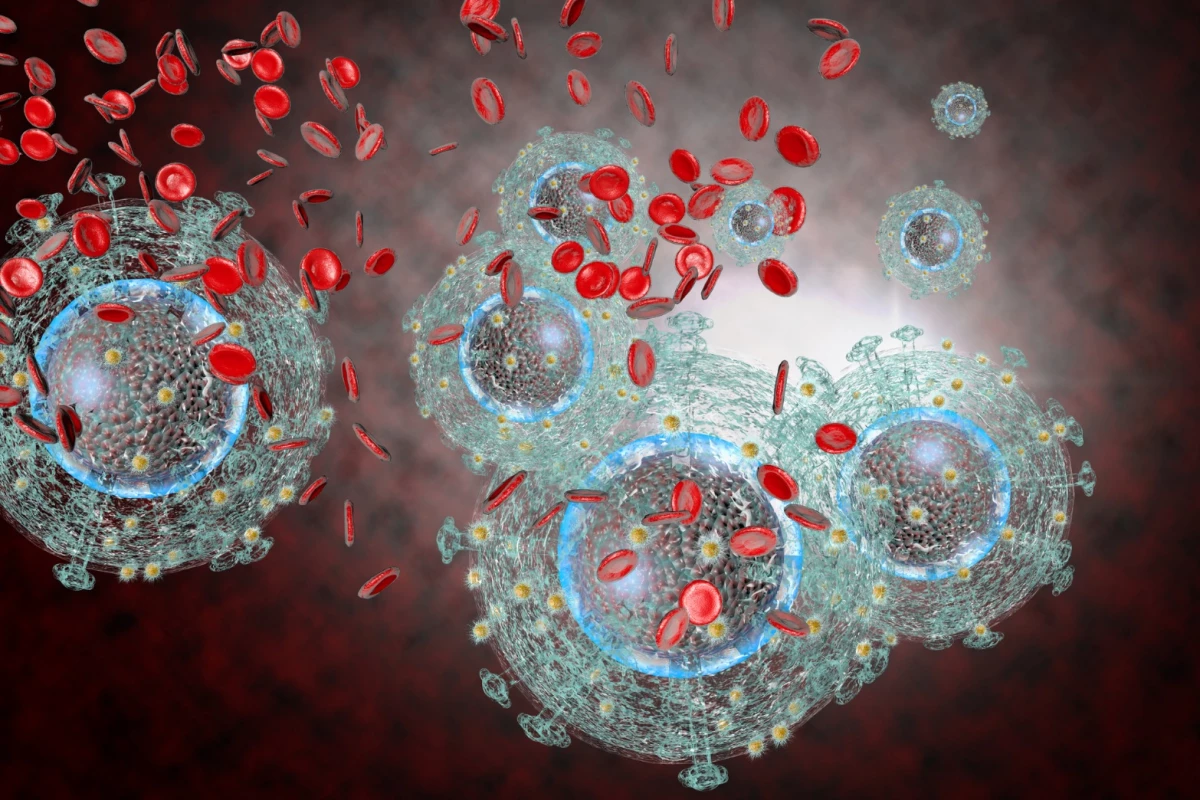There exists a group of HIV-positive people who have the rare ability to naturally control the HIV infection. Now, after years of research, a team of scientists from the Institut Pasteur in Paris, has successfully reprogrammed cells that lack this ability, giving them the same incredible, antiviral potency.
Less than one percent of people living with HIV are able to control HIV themselves, without the assistance of drugs. This cohort, known as "HIV controllers" are people who have no detectable multiplication of the virus in their blood after more than a decade of infection.
In 2007, scientists from the Institut Pasteur's HIV, Inflammation and Persistence Unit found out why. It seems the CD8 cells (immune cells known as memory cells) in the blood of HIV controllers were uniquely resilient and able to quickly destroy infected CD4 cells, which are a type of T cell that has the specific CD4 receptor that matches HIV's key.
Identifying the role of these super-charged CD8 cells was certainly a breakthrough, but what made them unique was still unknown. So the research continued to work over the next decade, hoping to identify what made these controller CD8 cells so potent, with the hope that this potency could be mimicked in the CD8 cells of non-controller patients.
The team found that while normal CD8 cells rely on glucose alone as their energy source and were prone to exhaustion and cell-death, the anti-HIV CD8 cells were were programmed to survive and able to source energy from a variety of sources – in particular, energy supplied by their mitochondria. The team describe this discovery in a paper published this week, along with a technique for reprogramming the non-controller CD8 cells.
To reprogram and fire-up the mitochondrial activity of the non-controller cells, the scientists used interleukin 15 – a substance secreted by the immune system. The modified cells were then able to destroy infected CD4 cells in much the same way as those in the controller's blood. Reprogramming immune cells isn't as far-fetched as it may seem to some, as clinical trials for cancer treatments employing similar methods are already underway, but this looks to be the first time it's been proposed for the treatment of HIV.
"We identified that the antiviral activity of CD8 cells in controllers is associated with an optimal program that gives them plasticity in using the cell's energy resources," says study coordinator, Asier Saez-Cirion. "Our research shows that even if the anti-HIV CD8 cells of non-controllers are relatively ineffective compared with those of controllers, the differences can be overcome."
The next stage is to test the CD8 reprogramming procedure in non-controllers, which the team hopes will be possible in the near future.
The paper is available via the journal Nature Metabolism
Source: Institut Pasteur




